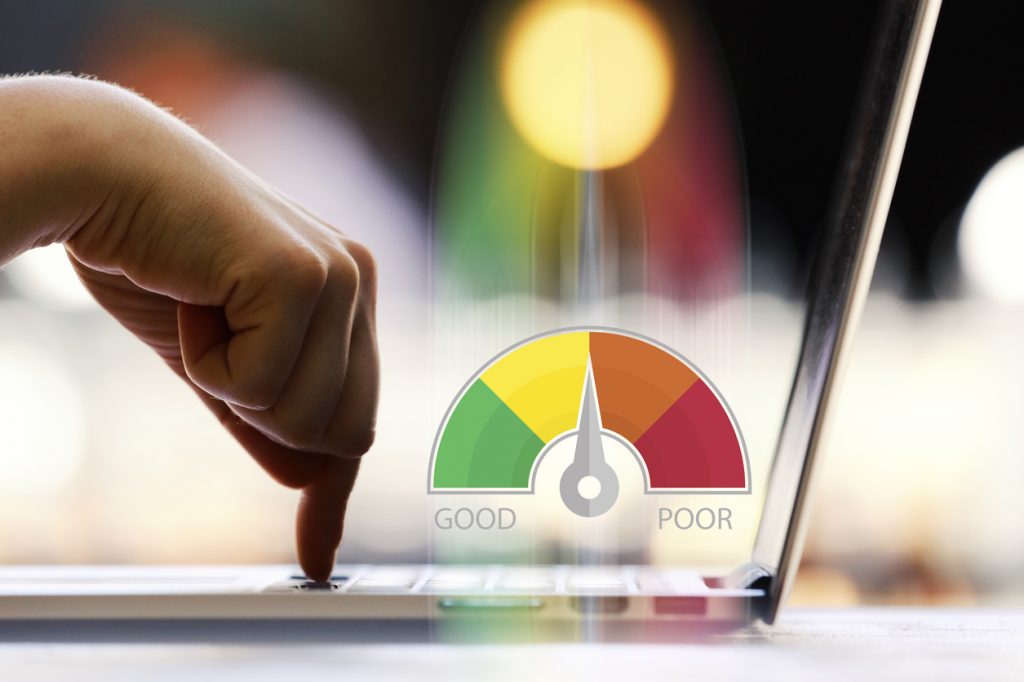
5 Benefits of Monitoring Your Business Credit Score
Resolving and improving your business credit is a common goal of many businesses, after all, the bigger goal is to succeed and generate revenue and for this, some funding is needed – so the adage goes, ‘you need money to make money’. But to get your hands on decent financing you’ll need to prove yourself a worthy business to lend to, and that’s where increasing your business credit becomes a mighty weapon.
Here we’ll go over how to check your business credit score, something very useful especially seeing as around 72% of businesses in a survey found that they didn’t know how to find information on their business credit score and a whopping 45% didn’t even know they had one! We’ll then get to the juicy bits and help you to understand the five ultimate benefits of business credit and business credit monitoring….
How to check business credit
First off, you need to know how to check business credit.
If you haven’t already, you’ll need to register your small business’ Employer Identification Number (EIN) with Equifax, Experian, or Dun & Bradstreet (a business data and analytics company). It’s totally free and you can easily apply online, by fax or by mail.
Your (EIN) is a nine-digit number that identifies your small business when you file taxes, open bank accounts, get loans and various other business activities. It’s used in a similar way to your SSN for your personal credit, allowing the credit reporting bureaus and Internal Revenue Service (IRS) to get your score.
Equifax and Experian will handily generate a business credit report automatically but Dun & Bradstreet sometimes requires you to file for a unique Data Universal Numbering System (DUNS) number in order to get ahold of it (which is free).
Review: Now you’ve registered, you’ll be able to get your business credit score and business credit report from one of the three credit bureaus. Make sure you also know how often you should check your credit score.
Why you should monitor your business credit score:
When it comes to your financial life, your credit score is vital. Just as a passport allows you the ability to cross international borders dependent on the country it originates from and where you’ve been, your credit score will act similarly. It’s your ticket if you like, to gaining financial aid depending on where it’s been. The two will follow you throughout your life, recording your whereabouts and the situations you’ve been in, for better or for worse.
Many believe that their credit score only really matters when it comes to gaining approval for a credit card or a loan, but there’s much more to it than that. Here, we’ll take you through some top benefits of business credit monitoring (psst. we’ve saved the most important points till last).

1. More time for disputes
Credit bureaus aren’t perfect, they sometimes make mistakes. When checking through your credit report, be sure to keep your eyes peeled for incorrect information. You’d be surprised at the astounding numbers of errors that can be found, making you look even more risky to potential lenders. Statistics show that more than one in five consumers have an error floating around somewhere in their credit report that can impact their overall score and wreak havoc if not nipped in the bud.
If you keep watch of your credit, you can file for a dispute with the credit bureau to get those mistakes wiped off your report – you don’t want to be filing for a dispute when you need to apply for funding, these things take time, so it’s best to catch them early.
2. Catch identity theft
Identity theft is very real and can easily ruin your credit report. By regularly monitoring your business credit, you’ll become more aware if someone attempts to steal your identity or has tried to use your information to open credit.
3. Protect your business’s identity
Your business credit is out there for the world to see. Out-dated or even false information can greatly affect your score and image and give the wrong impression. All of this could ultimately lead to decisions that negatively impact your business and reputation. The best way to avoid this ugly scenario is to make sure that you continue to keep track of your report, identify mistakes and correct them immediately.
4. Know your score when applying for finance
When you apply for financing, you’ll need to know your score so that you know exactly where you stand so that you know what kind of rates to expect when moving forwards. When knowing your business credit, you’ll know better when to apply for financing.
Become can’t help you monitor your credit, but it can give you plenty of advice on its unique dashboard to give advice on how to improve your credit. Each business owner will receive a personal profile and dashboard when applying for an unsecured business loan. Become will help match you with the best financing option for your business and help to increase your score to get you even better options the next time around.
Which brings us nicely onto…
5. Build up your business credit score
The very first step in building up your business credit score and improving it is becoming aware of the factors that drive it. This is something you can find out when applying for funding with Become. Even if you don’t qualify, you will be able to learn how to improve it.
By better managing these factors you’ll be able to positively affect your credit score and open up more funding opportunities and of course, allowing your business to grow.




